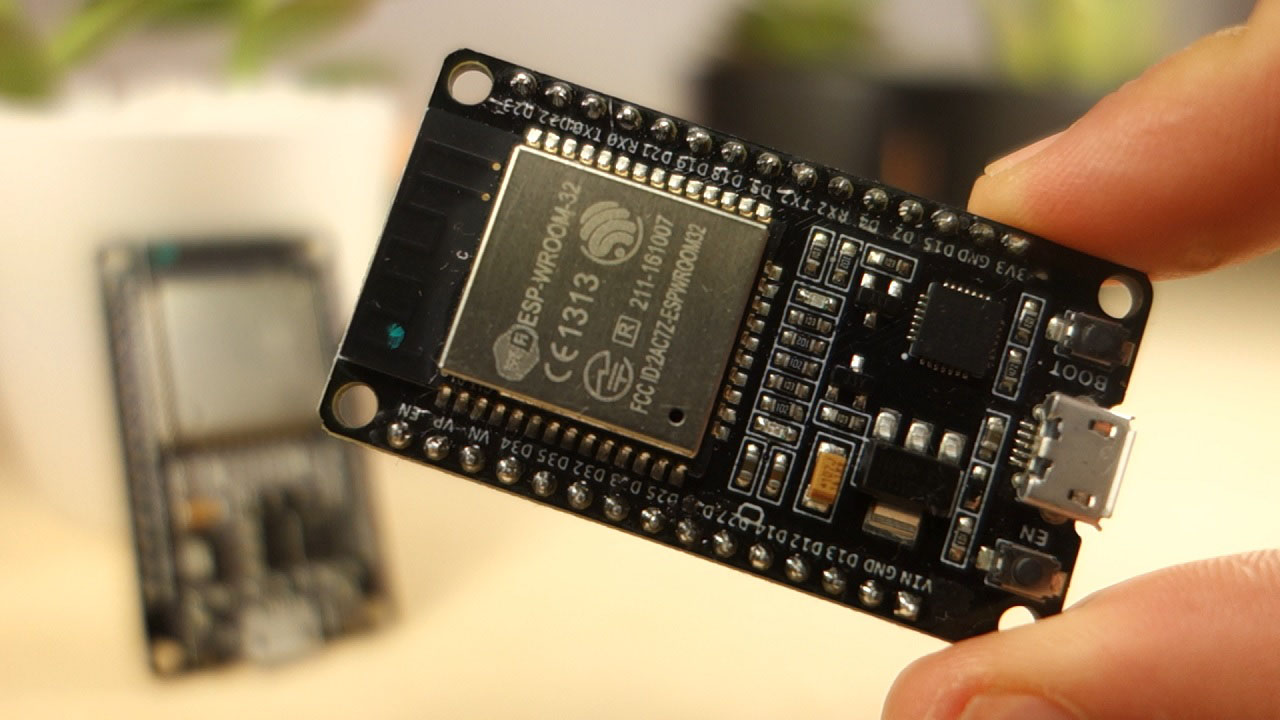Hi all,
yesterday I was watching a tutorial about using spi library in Arduino. I tried to port this in B4R. I think I succeeded but someone more experienced should check it and let me know if everything works ok. There is the necessary needed functionality in the Code Module but there are also some additions. Please check and let me know if everything is ok.
Please take under note that (as described in this tutorial) not all boards support the begin transaction command (that this library uses):

 arduino.stackexchange.com
arduino.stackexchange.com
and you must check it.
Further more you must be aware that this impementation transfers a byte and receives a byte and if your device communication implementation (protocol) requires multiple bytes transfer (as it is mentioned in several online videos) it will not work. Be aware also that you must know the frequency of communications (MAX = 20000000) and also if it is MSBFIRST or LSBFIRST and at last the SPI_MODEx where x=0,1,2,3 in order to make it work.
See the attached example. Feel free to post corrections. Please note that until today (25/10/2021) the library works only for Arduino and ESP8266.
(21-9-2021) Four new functions have been added:
(3-2-2021) Two new functions have been added:
yesterday I was watching a tutorial about using spi library in Arduino. I tried to port this in B4R. I think I succeeded but someone more experienced should check it and let me know if everything works ok. There is the necessary needed functionality in the Code Module but there are also some additions. Please check and let me know if everything is ok.
Please take under note that (as described in this tutorial) not all boards support the begin transaction command (that this library uses):
When is SPI.beginTransaction required?
I have been gradually converting many devices from i2c to spi for various reasons. I noticed in tutorials like this from arduino.cc that SPI.beginTransaction is explicitly called out. Then they l...
and you must check it.
Further more you must be aware that this impementation transfers a byte and receives a byte and if your device communication implementation (protocol) requires multiple bytes transfer (as it is mentioned in several online videos) it will not work. Be aware also that you must know the frequency of communications (MAX = 20000000) and also if it is MSBFIRST or LSBFIRST and at last the SPI_MODEx where x=0,1,2,3 in order to make it work.
See the attached example. Feel free to post corrections. Please note that until today (25/10/2021) the library works only for Arduino and ESP8266.
(21-9-2021) Four new functions have been added:
B4X:
'This command will write to the logs "--" if the board is not supported
'and "-You can use this library with your board-" if your board is supported
SPI.CheckIfThisBoardIsSupported
'Transfer Byte Array
Dim iDimension As UInt = 3
Dim bSend(iDimension) As Byte
bSend(0) = SPI.GetByteFromString("11001100")
bSend(1) = SPI.GetByteFromString("01100110")
bSend(2) = SPI.GetByteFromString("00110011")
Dim bRet(iDimension) As Byte
SPI.Transfer_Byte_Array(bSend, bRet)
'Disable Inerrupts
SPI.DisableInterrupts
'Enable Inerrupts
SPI.EnableInterrupts(3-2-2021) Two new functions have been added:
B4X:
Dim b as Byte
b = SPI.Transfer_Byte(SPI.GetByteFromString("01100111"))
'We are interested only in the last 4 bits
b = SPI.ApplyMask(b, SPI.GetByteFromString("00001111"))
Log(b)
'We want to know the value of the 2nd bit from right in the byte
Dim iBitInSecondPositionFromRight As UInt = SPI.GetBitAt(b, 2)
Log(iBitInSecondPositionFromRight)Attachments
Last edited:


